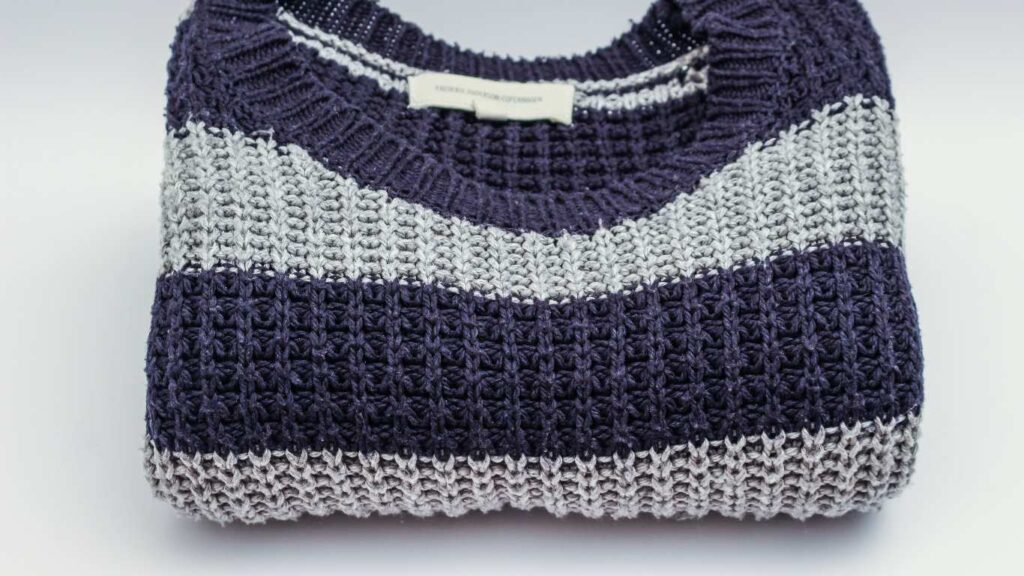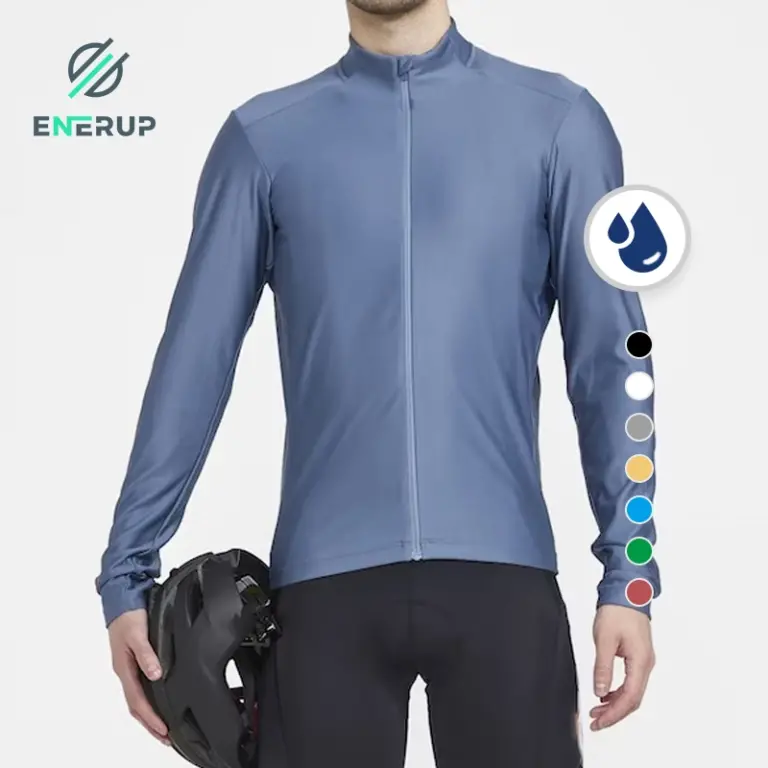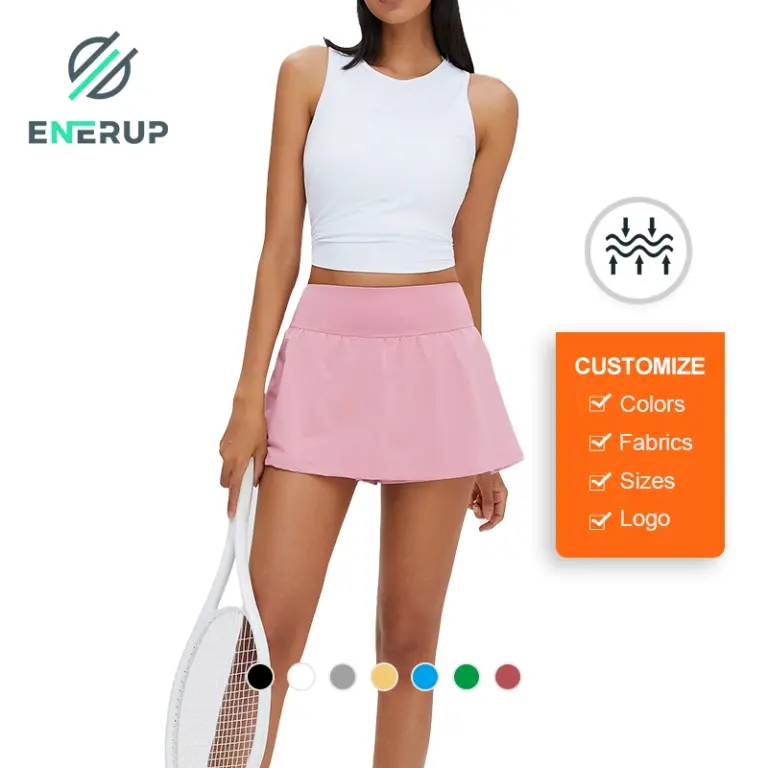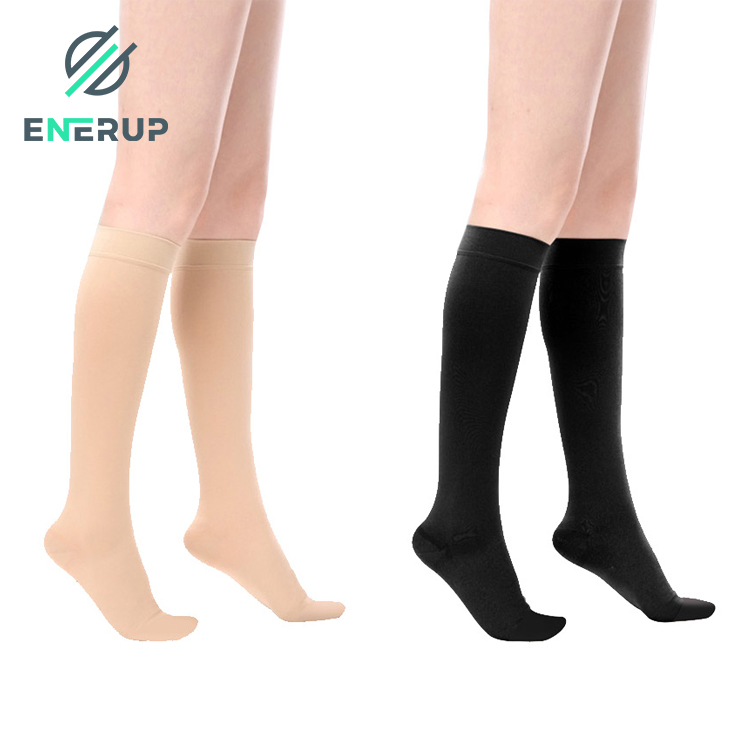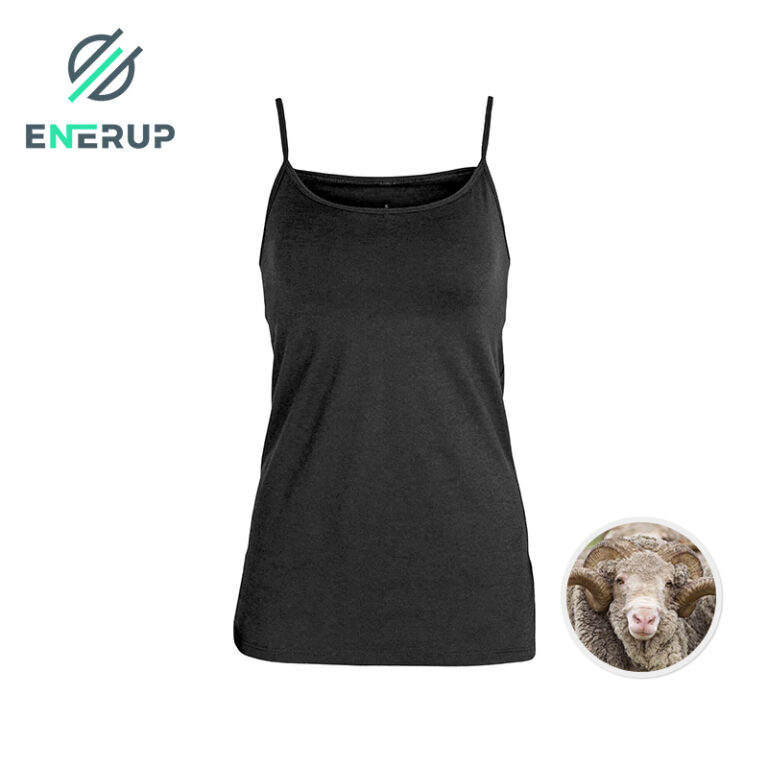When it comes to luxurious textiles, Merino Wool often stands out for its exceptional properties and high-end appeal. But why is merino so expensive? In this article, we’ll delve into the reasons behind the cost of this premium wool, going beyond its price tag to uncover the unique attributes and laborious processes that contribute to its market value.
Understanding Merino Wool
What is Merino Wool?
Merino Wool, sourced from Merino sheep, is distinguished for its exceptionally fine and soft fleece. Unlike conventional wool that may exhibit coarseness and cause itching, Merino Wool is esteemed for its delicate fibers and unparalleled comfort. It frequently features in luxury fashion, outdoor apparel, and performance wear owing to its remarkable qualities. The inherent elasticity, softness, and breathability of this wool render it an ideal choice for a diverse range of garments.
The Origin of Merino Sheep
The origins of Merino sheep trace back to Spain, which was historically known for breeding the finest wool-producing sheep. Today, these sheep are predominantly raised in Australia and New Zealand, regions that provide the optimal climate and terrain conditions for premium wool production. The selective breeding practices in these regions have led to sheep that produce exceptionally fine and high-quality wool, further contributing to its exclusivity and cost.
Quality and Benefits of Merino Wool
Fine Fibers for Superior Comfort
Merino Wool is characterized by its extremely fine fibers, which are much thinner than traditional wool. These fine fibers bend easily, minimizing skin irritation and resulting in a remarkably soft texture. This softness is not just a luxury but also a necessity for individuals who require comfort in their apparel, particularly those with sensitive skin. The unique structure of Merino Wool allows it to be woven into lightweight, breathable materials that maintain warmth without bulk, setting it apart from other types of wool.
Natural Temperature Regulation
One of the prevailing benefits of Merino Wool is its natural temperature-regulating properties. Unlike synthetic materials, Merino Wool can absorb moisture from the skin and release it into the air, keeping the wearer dry and comfortable in both hot and cold conditions. This temperature control is ideal for outdoor enthusiasts who need reliable clothing that adapts to changing climates. The natural crimp in the wool fibers traps air, creating insulation that helps retain body heat, making it an excellent choice for cold-weather garments.
Odor Resistance and Moisture Wicking
Merino Wool is naturally resistant to odors, thanks to its ability to wick moisture away from the body. This moisture-wicking property prevents the build-up of sweat, reducing the growth of odor-causing bacteria. As a result, garments made from Merino Wool can be worn multiple times between washes without developing unpleasant smells. This feature is particularly advantageous for athletes and those who lead active lifestyles, as it ensures that their clothing remains fresh and comfortable during prolonged use.
The Production Process
Ethical Farming Practices
Sustainable Grazing Methods
The production of Merino Wool starts with sustainable farming practices. Merino sheep are often raised in vast, open pastures where they can graze naturally. This method not only ensures that the sheep are healthy and well-fed but also promotes sustainable land use. Farmers rotate grazing areas to prevent overgrazing, which helps to maintain the biodiversity of the pasturelands. This attention to sustainable practices is crucial in producing high-quality wool and ensuring that the environment remains healthy for future generations.
Animal Welfare Standards
Animal welfare is of paramount importance in Merino Wool production. Ethical farms adhere to stringent animal welfare standards to ensure that the sheep are treated humanely throughout their lives. This includes regular health check-ups, proper nutrition, and humane shearing practices. Unlike commercial wool production, which may involve stressful and harmful shearing techniques, ethical Merino farms prioritize the well-being of the sheep, contributing to the overall quality and ethical standing of the wool produced.
Labor-Intensive Processing
Shearing and Sorting Techniques
The process of converting raw Merino Wool into usable fibers is labor-intensive and requires skilled craftsmanship. Shearing, the first step, is carried out with remarkable care to ensure minimal stress to the sheep. After shearing, the wool is meticulously sorted to remove any impurities and to classify the fibers based on quality. This sorting process is crucial because it ensures that only the finest fibers are used in the production of premium garments. The attention to detail in these early stages significantly adds to the overall cost of Merino Wool.
Spinning and Knitting Procedures
After sorting, the fibers undergo spinning and knitting procedures to create the final fabric. Spinning transforms raw wool fibers into yarn, which is then knitted or woven into textiles. Each of these steps requires specialized skills and equipment. The spinning process itself can vary, with finer yarns demanding more intricate techniques. Knitting or weaving the yarn into fabric also requires precision to maintain the fiber’s natural properties. The time and expertise involved in these processes contribute to the high price of Merino Wool products.
Market Factors Influencing Cost
Global Demand vs. Supply
The price of Merino Wool is also influenced by market dynamics such as global demand and supply. Merino Wool is sought after worldwide for its premium qualities, but its supply is relatively limited due to the specific conditions required for raising Merino sheep. This imbalance between high demand and limited supply naturally drives up prices. Furthermore, fluctuations in global markets, tariffs, and trade agreements can also impact the cost, as these factors affect both the availability and the pricing of raw wool and finished products.
Geographic Influence on Cost
Geographic factors play a significant role in the cost structure of Merino Wool. Australia and New Zealand dominate the production of Merino Wool, and the geographic conditions in these regions significantly affect production costs. For instance, farming practices may vary based on climate and terrain, influencing the wool’s quality and therefore its price. In addition, transportation costs from these primary wool-producing regions to global markets can add to the overall cost, further emphasizing the premium nature of Merino Wool.
Investment Value of Merino Wool Products
Durability and Longevity of Garments
One of the main reasons consumers are willing to pay a premium for Merino Wool is its durability and longevity. Garments made from Merino Wool are built to last, often outlasting their synthetic counterparts by several years. The resilience of Merino fibers means that the clothing maintains its shape, softness, and functionality through repeated use and washing. This durability makes Merino Wool an excellent investment for consumers looking for long-term value in their apparel choices.
Higher Initial Cost for Greater Long-Term Savings
While the initial cost of Merino Wool garments may be higher, the long-term savings are significant. Because of its superior durability, consumers do not need to replace Merino Wool items as frequently as they would cheaper, lower-quality alternatives. Additionally, the natural properties of Merino Wool, such as temperature regulation and odor resistance, add to the garment’s lifespan and usefulness. Over time, investing in Merino Wool products translates to reduced spending on clothing, making it a prudent choice for those who value both quality and economy.
Summary Perspectives on the Pricing of Merino Wool
In summary, the high cost of Merino Wool is a result of various interrelated factors. From ethical farming and labor-intensive processing to market dynamics and geographical influences, each element contributes to the premium price. The unparalleled quality, durability, and unique properties of Merino Wool justify its higher cost, making it a worthwhile investment for those seeking superior comfort, functionality, and long-term value in their apparel. By understanding these aspects, consumers can appreciate the true value behind Merino Wool and why it commands a higher price in the market.
Harvest SPF Textile Co., Ltd is a leader in the manufacture of Merino Wool clothing.
Harvest SPF Textile Co., Ltd, established in 1993, is a company that specializes in the production and trading of healthy and functional textiles. One of their notable solutions is the use of Merino Wool in their products. Harvest has developed a variety of Merino Wool compositions in layers to cater to the needs of different seasons, resulting in great market success. They are known for their expertise in combining Merino Wool with sustainable materials and adding prints to enhance the diversity of their product line. With their focus on innovation and research, Harvest has gained over 30 patents and has become a trusted name in the industry.





